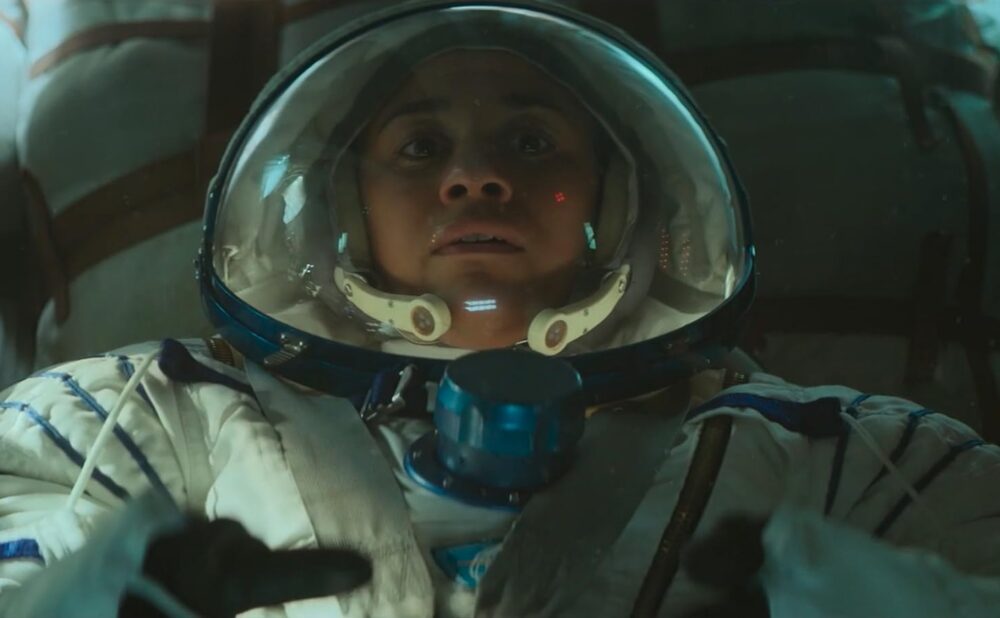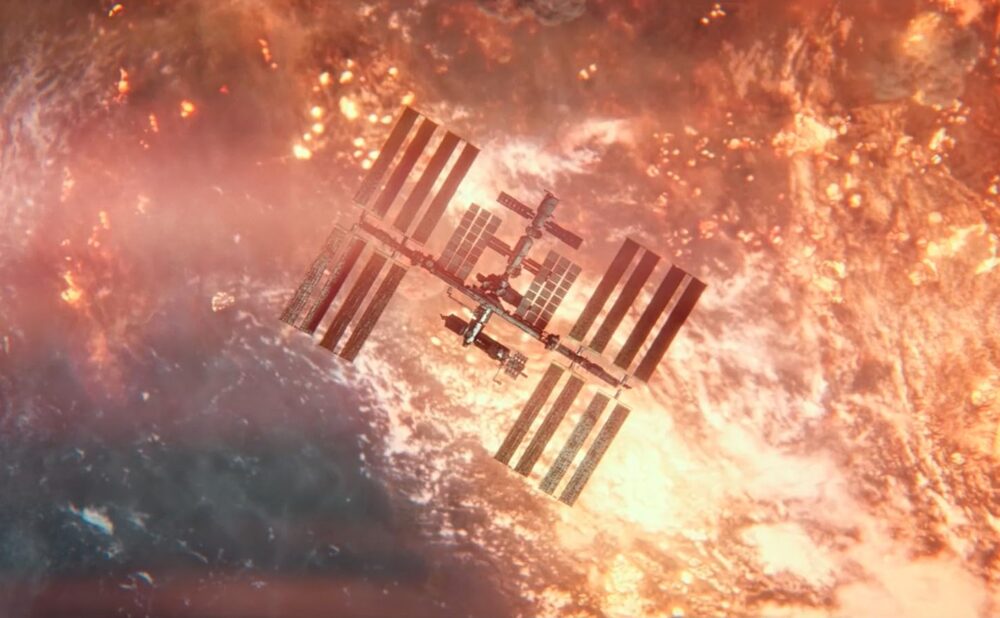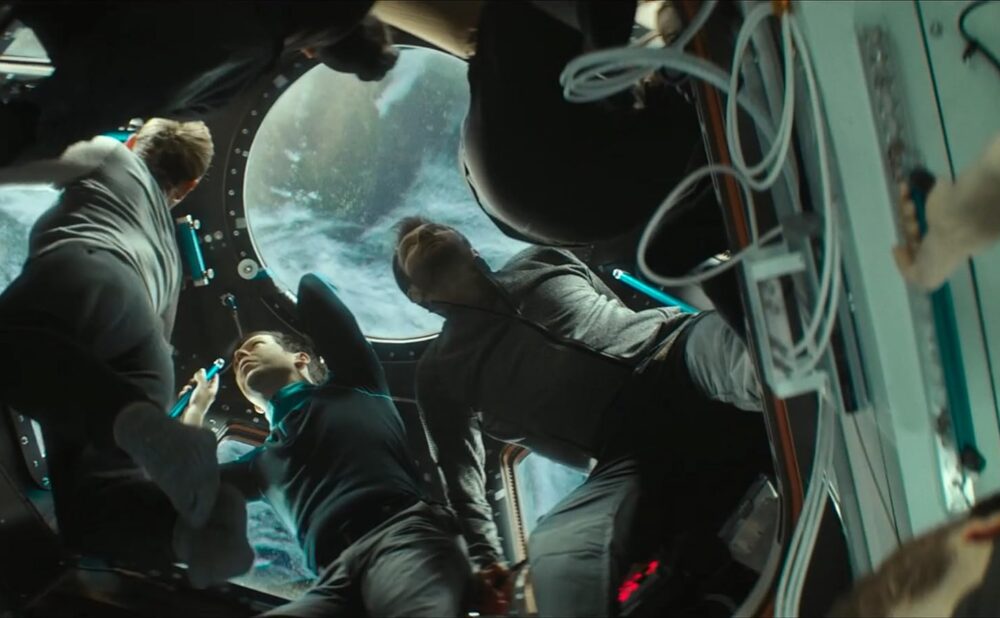Review: Silly sci-fi thriller ‘I.S.S.’ shoots for the stars
Despite an interesting premise and strong performances, this frequently goofy whodunnit fumbles the bag in the final act
I.S.S.
Where: In theatres
What: Movie, 95 minutes
When: Fri., Jan. 19
Genre: Sci-fi/Thriller
Rating: NNN (out of 5)
Why you should watch: Fine performances and a compelling premise make the film a short, enjoyable watch — though you might find yourself laughing at its more melodramatic fight sequences, including a sandwich-making session straight out of Gladiator.
IT’S THE NOT-SO-DISTANT FUTURE, and Russia and the U.S. are at war.
That’s probably bad news for us mortals down here on Earth. But for the astronauts and cosmonauts (different things, it turns out) on the International Space Station (I.S.S.), the conflict is immediate: both sides have been instructed to take over the aircraft “by any means necessary.”
And so kicks off a peculiar 95 minutes of cinema. The spectacularly interesting premise never loses its bite — nuclear conflict between the U.S. and Russia is just inevitable enough for the film to feel terribly, terribly timely — but director Gabriela Cowperthwaite lets the melodrama of Nick Shafir’s I.S.S. get the better of her by the time we return to Earth.
We enter this six-person world by way of Dr. Kira Foster (played by a frequently intriguing Ariana DeBose), who’s new to the station. A biologist by trade, she’s brought a small collection of mice with her to observe in zero gravity. Hours into their maiden voyage, the mice begin to gnaw at each other’s limbs, an unsubtle (if evocative) metaphor for what lies ahead.
Soon we meet Kira’s American colleagues: Gordon (a winning and well-mustached Chris Messina) and Christian (like DeBose, another musical theatre veteran, John Gallagher Jr., in a fine performance). Then come the Russians: Weronika (a brilliant Masha Mashkova), Alexey (a consistently excellent Pilou Asbæk) and Nicholai (Costa Ronin, making the most of an underwritten role).
One by one, the travellers must confront each other — and their own psyches — as the world below them succumbs to war.
The film somewhat inevitably turns violent in its final act, and unfortunately, that’s where it begins to deteriorate. The appearance of increasingly bizarre weapons (including what I’ve taken to calling Chekhov’s mustard) renders the human drama of I.S.S. nearly irrelevant — which is disappointing, given the rich potential of the story at play.
Now for the good: Cowperthwaite and cinematographer Nick Remy Matthews have beautifully captured the magic of outer space, from its weightlessness to its unimaginable scope. And yet the film never distracts viewers with glamour shots of Earth — the few glimpses we do get of our planet are fleeting and underwhelming, a risky and intelligent storytelling decision on Cowperthwaite’s part. Richard Mettler and Colin Pattons’s editing, too, is efficient and thoughtful, cutting together interior shots of the I.S.S. with security-camera footage and peeks into that vast, unforgiving atmosphere. And it would be a mistake to discount the “zero gravity” achieved in I.S.S.’s interior shots — the effect is pretty impressive.
As well, the film is remarkably even toned in its approach to the conflict between the U.S. and Russia. Much of the film is in Russian, and while we enter the story through Kira’s eyes, we also get the chance to know and commiserate with the Russians onboard the I.S.S., particularly Alexey.
Overall, the film’s a solid rendering of a script that feels a draft away from completion. I left I.S.S. yearning for more satisfying entries into Kira’s inner life; what details we do get about her life on Earth feel like afterthoughts. Also, those fights in the film’s back half are outlandish enough that they weigh down the perfectly serviceable content that proceeds them. Yes, I.S.S. shoots for the stars — it just doesn’t stay there.










